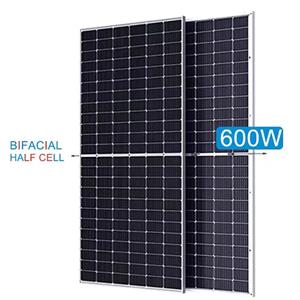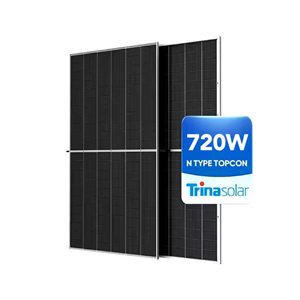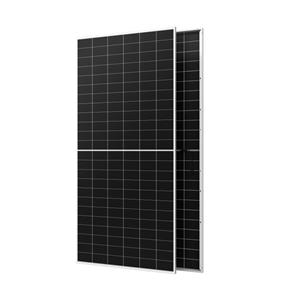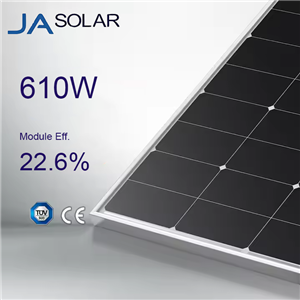Trina Solar's high-security scenario
Trina Solar Deploys High-Safety 635W Vertex N Modules on Gas Station Rooftops in Jiangmen
In Jiangmen, Guangdong Province, China, Trina Solar has successfully completed the installation of two distributed photovoltaic (PV) systems on the rooftops of gas stations. The project features the company’s 635W Vertex N high-safety PV modules, with a total installed capacity of 109.47 kW. This initiative demonstrates how innovative solar technology can be adapted for complex, high-safety-demand environments while unlocking the potential of underutilized urban spaces.
Gas stations pose unique challenges for PV deployment due to the presence of flammable and explosive materials. Traditional PV systems require strict safety measures to prevent electrical arcs, overheating, or damage from oil and gas exposure. To address these concerns, Trina Solar deployed its advanced Vertex N modules, specifically designed for high-risk environments.
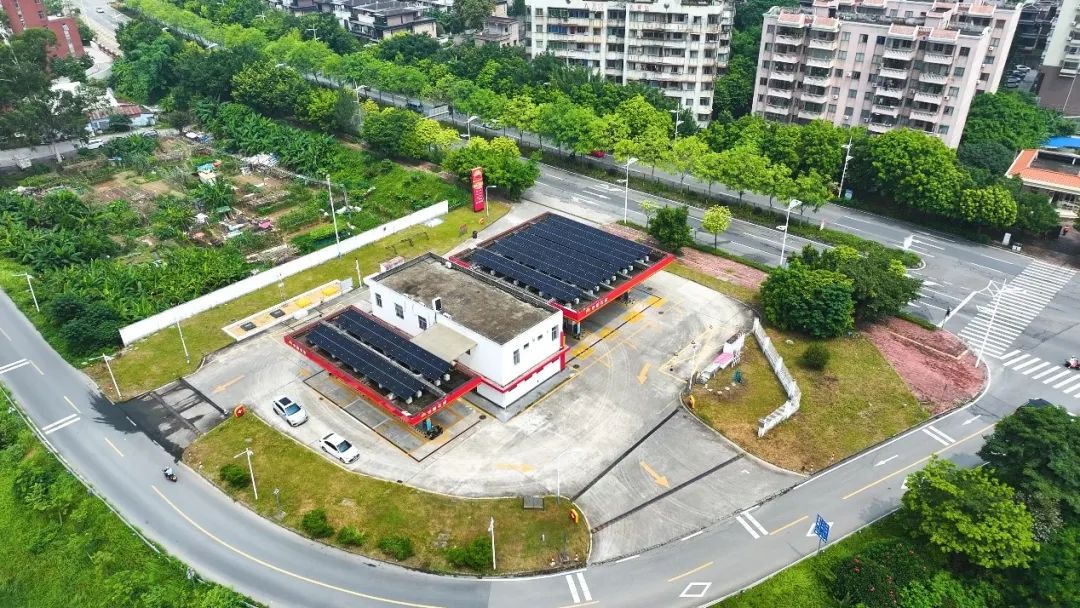
One of the key safety features of the modules is their composite insulated frame design, which effectively eliminates the risk of electrical arcs. This innovation is particularly critical in environments where even minor sparks could lead to serious hazards. Additionally, the modules are equipped with materials that are resistant to both oil and gas corrosion, ensuring long-term operational stability and performance despite exposure to the harsh conditions typical of fuel stations.
Another significant advantage is the grounding-free design, which not only simplifies the installation process but also reduces system costs by eliminating the need for additional grounding components. This approach improves overall system efficiency, making the solution both safer and more economically viable for operators.
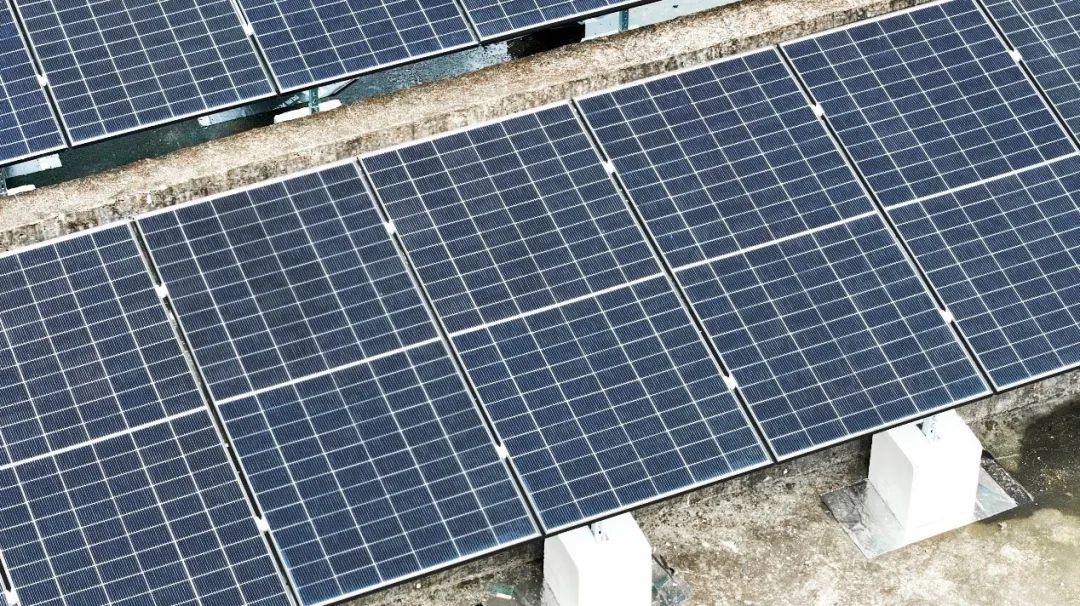
The project’s completion represents more than just an engineering achievement—it is a forward-thinking example of how distributed solar power can be integrated into unconventional locations. By transforming idle rooftop space into clean energy generation sites, the gas station systems will contribute to reduced carbon emissions and lower electricity expenses for the station operators.
Beyond its environmental benefits, the Jiangmen project sets a benchmark for the PV industry in exploring niche yet valuable application scenarios. It proves that with the right technological innovations, solar power can be deployed safely in locations that were once considered unsuitable, opening new opportunities for distributed energy development in urban areas.
Trina Solar’s success in Jiangmen also reflects the company’s broader commitment to combining cutting-edge PV technology with tailored solutions for specific customer needs. As the global demand for clean energy grows, such customized, high-safety PV applications will play an increasingly important role in expanding the scope and reach of solar energy adoption.
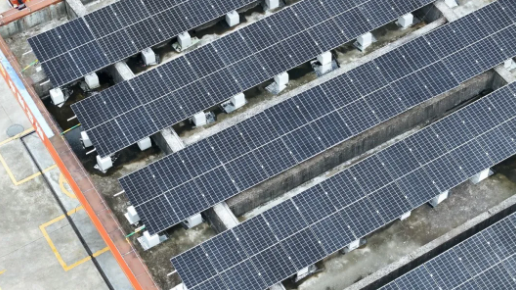
This project is expected to inspire similar initiatives across China and internationally, demonstrating that safety, efficiency, and sustainability can go hand in hand—even in challenging operational environments.

